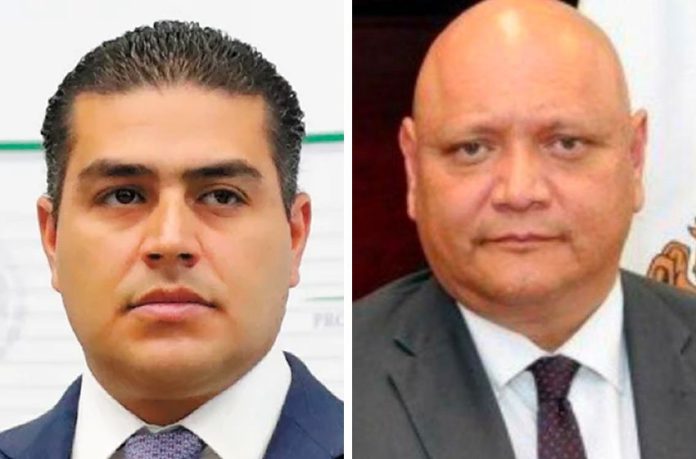The latest casualty in a restructuring of Mexico City law enforcement is Luis Felipe Valdez, head of the anti-kidnapping unit, who was asked to resign Monday by Attorney General Ernestina Godoy.
Her office said Valdez was fired because of his handling of the Norberto Ronquillo case, in which a 22-year-old student was kidnapped and later found dead earlier this month.
According to Ronquillo’s family, officers from the anti-kidnapping unit did not properly investigate Ronquillo’s kidnapping in the 72 hours after he went missing. After his body was found, officers are alleged to have improperly handled evidence at the crime scene.
Valdez was also in charge of a May 15 operation to rescue a kidnapping victim in Iztapalapa in which officer Mario Cortés was killed and two other officers were injured.
The Attorney General’s Office (PGJ) has not announced a replacement for Valdez.
At least four other high-level PGJ employees were also fired on Monday, including Benjamín García López, police intelligence chief, and José Carlos Villarreal, a special prosecutor for crimes committed by public servants. According to El Universal, around 45 employees at different levels will lose their jobs in the restructuring.
Bernardo Gómez del Campo, head of the Mexico City police intelligence unit, resigned last week to take a different job, and was replaced by Omar Hamid García Harfuch, former head of the federal investigative police.
Representatives from the PGJ told Milenio that García’s plan for the intelligence unit will be focused on strengthening the police in strategic areas to achieve reductions in crime as quickly as possible, and on investigating allegations of corruption within the unit.
Source: Milenio (sp), Sopitas (sp), El Universal (sp)
